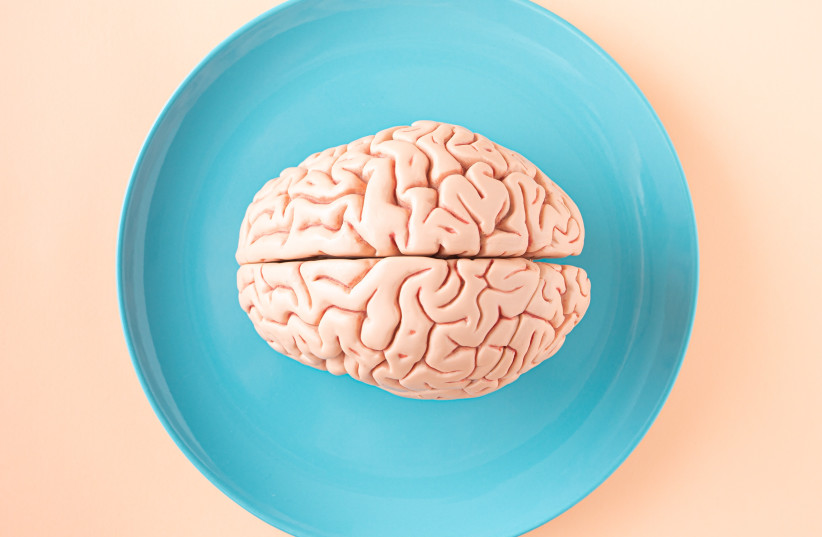Aidoc, a leading Israeli innovator in clinical AI, has recently introduced its “Full Brain Solution,” a new AI-driven medical technology that has the potential to significantly enhance patient care.
The Full Brain Solution utilizes artificial intelligence to identify suspected strokes, expanding its capabilities to detect medium vessel occlusions (MeVOs) and both posterior and anterior large vessel occlusions (LVOs), in addition to aneurysms and hemorrhages.
This medical breakthrough may represent a crucial advancement in patient care, as Aidoc's Full Brain Solution is the first and only AI technology that can detect suspected posterior and anterior LVOs and MeVOs.
These newly covered conditions are particularly prevalent, with a staggering 795,000 strokes occurring annually in the United States, of which 87% are ischemic strokes. Within these cases, approximately 25-40% are MeVOs, and 24-46% are LVOs. Furthermore, 20-25% of LVOs are posterior.
By extending its capabilities to include posterior LVO and MeVO, the Full Brain Solution aims to enable approximately twice as many patients to receive faster access to life-saving therapy with AI-powered care coordination.

AI is revolutionizing medical technology
AI has already shown remarkable success in streamlining patient care for those with anterior LVOs, cutting the time to treatment nearly in half. With the Full Brain Solution, these advancements can now benefit a significantly larger patient population, leading to improved care and better patient outcomes.
Dr. Brian Mason, Associate Professor of NeuroEndovascular Surgery at the University of Illinois Champaign and a leading expert in AI healthcare, expressed enthusiasm for the Full Brain Solution's potential.
“AI has shown remarkable success in enhancing workflow for patients with anterior LVOs, nearly halving the time to treatment. However, this is just the beginning. With Aidoc's Full Brain Solution, we can now broaden these advancements to benefit a significantly larger patient population, leading to improved care and ultimately better patient outcomes," Mason said.
Beyond its impact on acute ischemic strokes, the Full Brain Solution employs diverse AI technologies, such as image-based identification and natural language processing, to identify and facilitate care for patients suffering from intracerebral hemorrhage, subdural hemorrhage, and brain aneurysms.
Elad Walach, CEO of Aidoc, emphasized the significant contributions AI is making to address healthcare challenges. "AI continues to drive significant gains and contributions in addressing the challenges health systems are facing," he said.
"Our groundbreaking Full Brain Solution is propelling AI into new and needed territories and proving impact to facilities by cutting the time to treatment nearly in half for twice as many patients,” Walach added. “Our vision is to continue pushing boundaries, transforming the lives of a significantly larger patient population, elevating the standard of care, and driving remarkable improvements in patient outcomes.”
